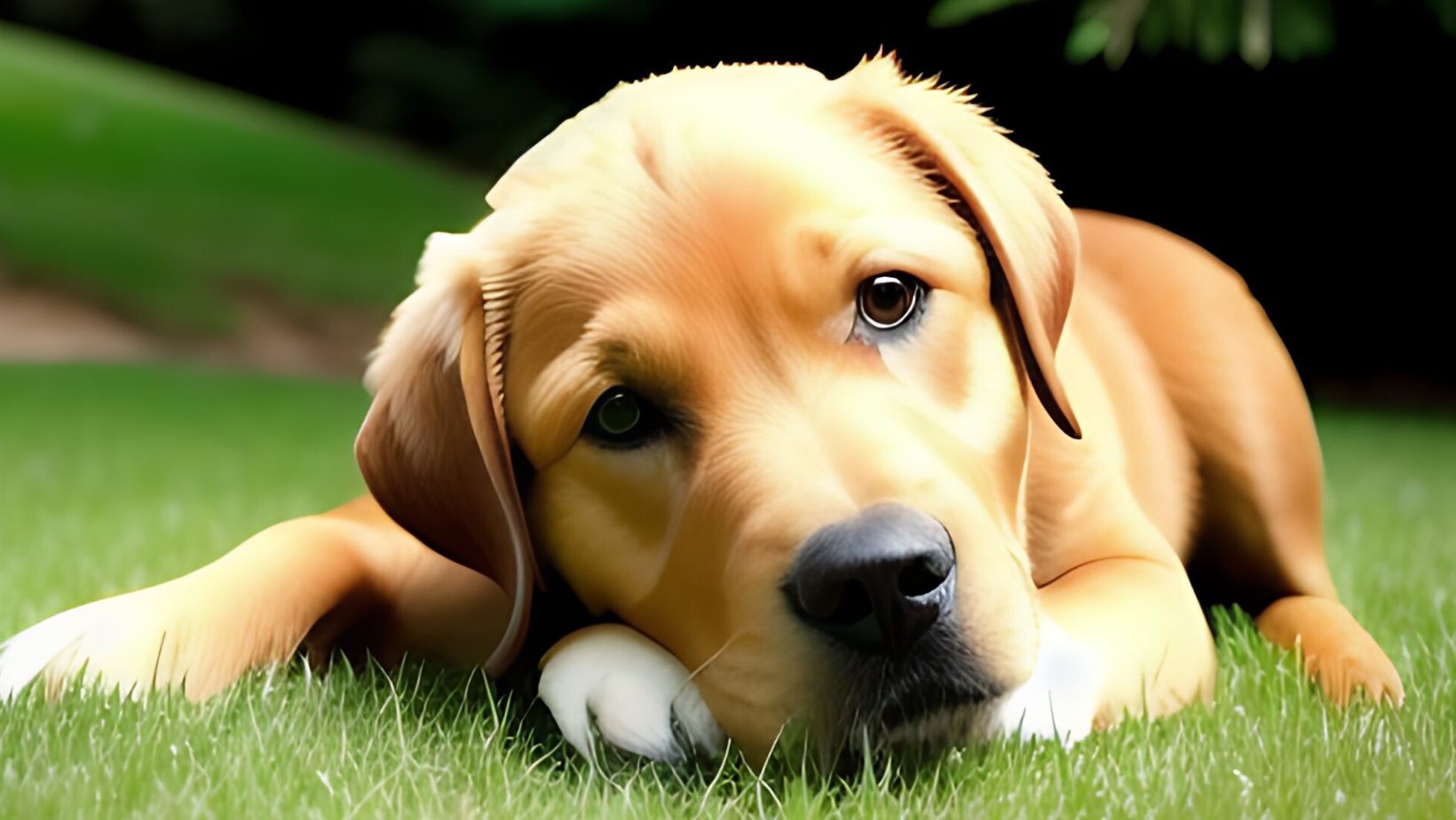How to Potty Train an Older Puppy
Are you struggling with potty training your older puppy? Wondering when is the best time to start potty training your Labrador? Look no further, as I’m here to provide you with some valuable insights on how to effectively potty train an older puppy and the optimal timing for training Labradors.
Potty training an older puppy can be a challenge, but with patience and consistency, it’s definitely possible. The key is to establish a routine and set clear expectations. Start by designating a specific area outside where your puppy can eliminate. Take them out frequently, especially after meals or naps, and reward them lavishly when they do their business in the designated spot.
Consistency is crucial during this process. Accidents may happen initially, but don’t get discouraged. Clean up accidents promptly using enzymatic cleaners to remove any lingering odours that might encourage repeat incidents. Remember, positive reinforcement goes a long way in shaping your puppy’s behavior.
Now let’s talk about the best time to potty train Labradors. It’s generally recommended to begin potty training around 8-12 weeks of age when their bladder control starts improving. However, every dog is different, so be observant of your Labrador’s individual cues and readiness.
Keep in mind that Labradors are intelligent and eager-to-please dogs. They respond well to praise and rewards during training sessions. By being consistent in your approach and providing ample opportunities for bathroom breaks throughout the day, you’ll see progress in no time.
So there you have it – some tips on how to successfully potty train an older puppy and the ideal timing for training Labradors. Stay patient, stay consistent, and enjoy watching your furry friend master this important skill!

Why Potty Training an Older Puppy is Different
Understanding the Challenges of Potty Training an Older Puppy
Potty training an older puppy can present unique challenges compared to training a younger one. This is because older puppies may have already developed certain habits and behaviors that need to be unlearned. They might have spent months or even years without proper potty training, making it more challenging to break their existing patterns.
One common challenge with potty training older puppies is that they may have established preferences for eliminating in specific areas or surfaces. For example, if your older puppy has been accustomed to going potty on carpeted floors, transitioning them to relieve themselves outdoors on grass can be a significant adjustment.
Additionally, older puppies might not have the same level of control over their bladder and bowel movements as adult dogs. They may struggle with holding it in for longer periods, leading to accidents indoors. Patience and consistency are key when dealing with these challenges during the potty training process.
Developing a Consistent Routine for Potty Training
Creating a consistent routine is crucial when potty training an older puppy. Establishing set times throughout the day for bathroom breaks will help your pup understand when and where they should go potty. Consistency provides structure and reinforces good habits.
Start by taking your older puppy outside every few hours, especially after meals or naps. Choose a designated spot in your yard where you want them to eliminate and take them directly there each time. Using verbal cues such as “go potty” or “do your business” while they are relieving themselves can help associate those phrases with the desired action.
Remember that accidents will happen, but it’s important not to scold or punish your older puppy for mistakes during the learning process. Instead, redirect their attention calmly towards appropriate elimination spots outside.
Using Positive Reinforcement Techniques to Motivate Your Older Puppy
Positive reinforcement plays a vital role in motivating your older puppy during potty training. Rewarding them with praise, treats, or a favorite toy immediately after they are eliminated in the designated area will reinforce their good behavior and encourage them to repeat it.
Consistency is key when using positive reinforcement techniques. Be sure to reward your older puppy consistently for every successful potty break outside. Over time, they will associate going potty outside with receiving rewards, which can strengthen their motivation to continue doing so.
It’s important to note that each dog is different, and the time it takes for an older puppy to become fully potty trained may vary. Some puppies may catch on quickly, while others may require more patience and repetition. With consistent training, positive reinforcement, and understanding of their unique challenges, you can help your older puppy develop good potty habits and establish a reliable routine.
Remember that consistency and positivity are key ingredients for successful potty training of an older puppy. By understanding the challenges they may face, developing a consistent routine, and using positive reinforcement techniques effectively, you’ll be well on your way to helping your furry friend master the art of proper bathroom etiquette.